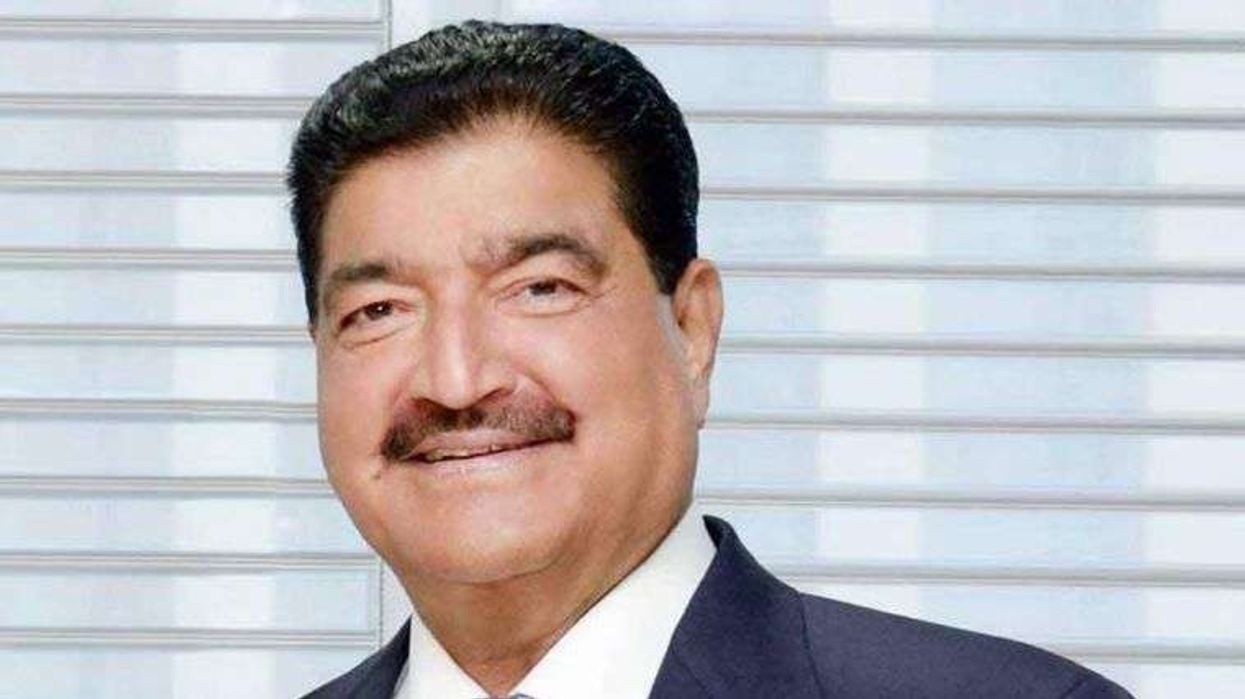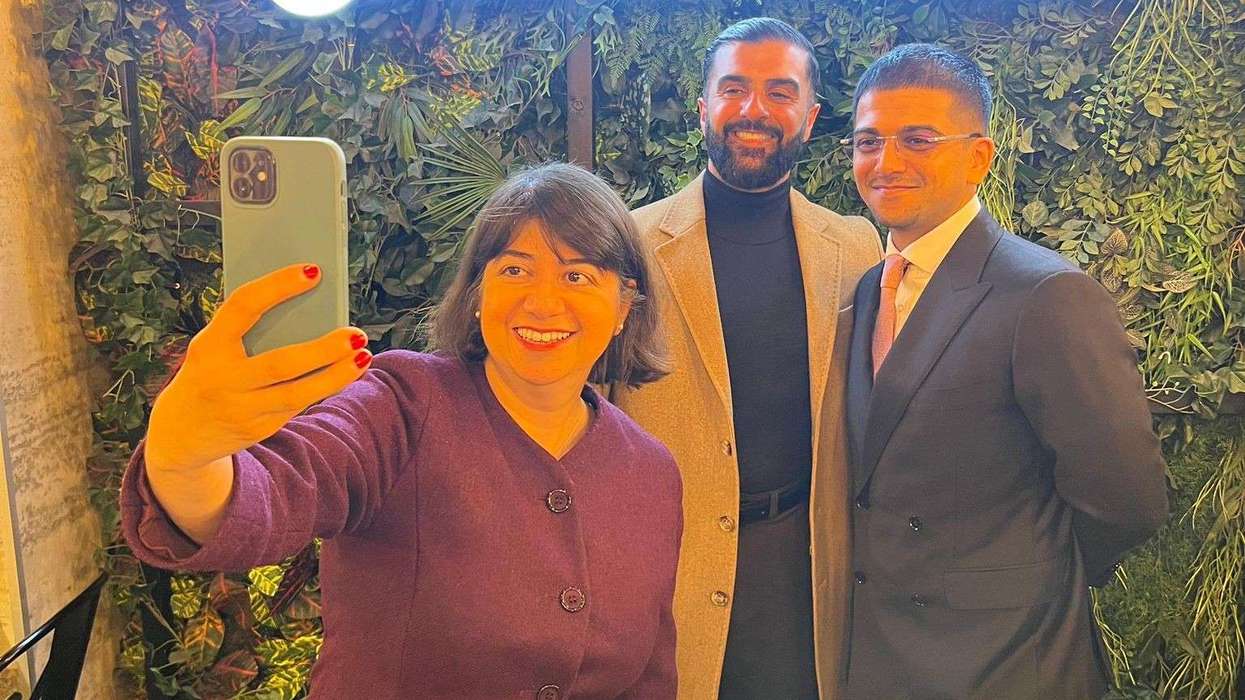ACCOUNTANCY firm Ernst & Young (EY) has told the High Court that close connections to Sheikh Mansour, the UAE royal and owner of Manchester City club, protected two businessmen accused of helping to cause the collapse of NMC Health.
In its submission, EY alleged that the administrators of NMC Health, Alvarez & Marsal, were “influenced by political connections” when they agreed to a “remarkably soft” settlement with Emirati brothers Saeed and Khalifa bin Butti, reported the Telegraph.
The pair, along with company founder B R Shetty, have been accused of hiding around $4 billion (£3bn) in secret debts from the London-listed healthcare group.
The auditor said the administrators “soft-pedalled” their pursuit of the Bin Buttis because of their reported ties to Sheikh Mansour, claiming the brothers acted as proxy shareholders for him.
It argued that the decision to drop a potential claim against them was “inexplicable” and that the 2022 settlement – which saw assets returned to NMC – was “highly convenient” for Abu Dhabi authorities.
According to EY’s lawyers, the deal avoided “embarrassing litigation against individuals with close political connections to the state” and was influenced by ADCB, an Emirati bank owned by Abu Dhabi’s sovereign wealth fund Mubadala, which Sheikh Mansour chairs.
The Big Four firm made the allegations as part of its defence against a £2bn lawsuit brought by Alvarez & Marsal, which accuses EY of negligence in its audit work for NMC Health.
Lawyers for Alvarez & Marsal dismissed the claims as “baseless”, telling the court that administrators had acted reasonably in the wake of a “massive fraud” and during the Covid-19 pandemic, when the priority was to keep hospitals open.
“The joint administrators, who are officers of the court, acted in the best interests of creditors,” their submission said. “They reasonably decided that a guaranteed return of assets was better than uncertain litigation that could have disrupted medical operations across the UAE.”
Both Saeed and Khalifa bin Butti declined to comment on the latest proceedings. Khalifa bin Butti has previously “categorically” denied any wrongdoing.
NMC Health, founded by Indian entrepreneur Shetty, was once one of the Middle East’s largest private healthcare companies. It listed in London in 2012 and entered the FTSE 100 index five years later. However, it collapsed in 2020 after billions of dollars in undisclosed debt were uncovered.
Shetty has said he was himself the “victim of a large-scale fraud.”
The High Court, presided over by Dame Clare Moulder, has heard earlier claims that NMC’s political and royal ties shielded it from scrutiny, with banks allegedly ignoring warning signs and continuing to lend money.
Simon Salzedo KC, representing Alvarez & Marsal, accused EY of “shocking” negligence, saying auditors approved accounts between 2012 and 2017 without full access to company records. He claimed EY staff reviewed transactions on “a small screen” controlled by NMC management and failed to demand wider access.
An EY spokesperson said evidence at trial showed NMC had been subject to a “complex and coordinated” fraud involving more than 80 individuals, including senior management and shareholders.
“The fraud was deliberately concealed and designed to bypass audit checks,” the spokesperson said. “We remain clear that responsibility for this fraud lies entirely with the perpetrators, who diverted billions from the business for personal gain and have not been properly pursued by the administrators.”
The hearing in the case continues.





